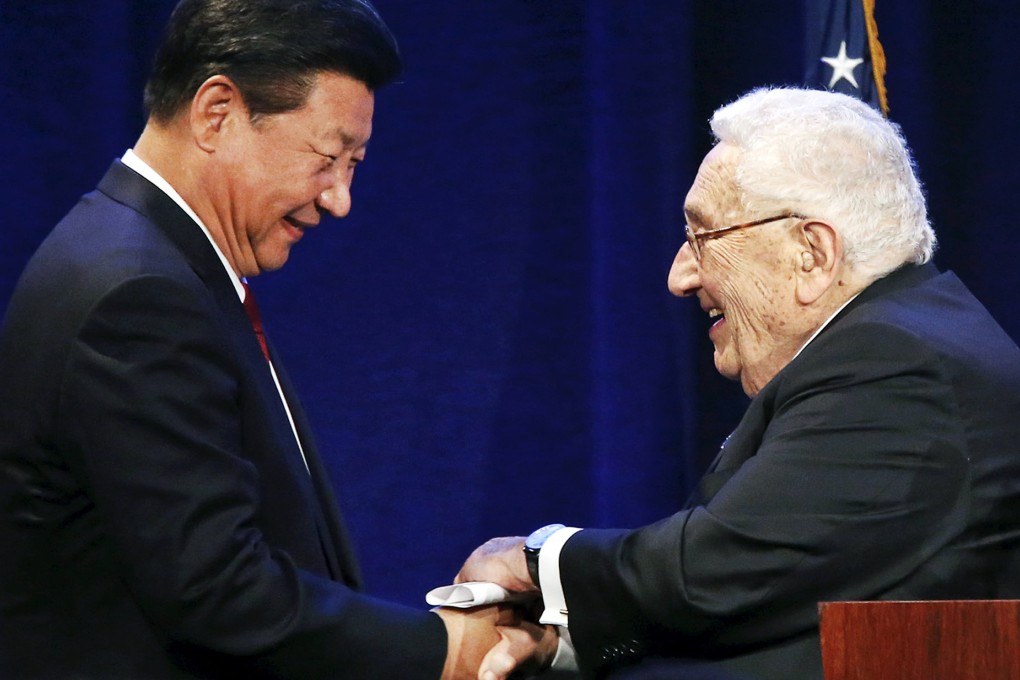Can Xi Jinping offer enough on his state visit to mend the rift in Sino-US relations?
Minxin Pei says while the stakes of Xi's visit to the US are high, amid fears of a new cold war, what counts is whether policies that frustrate relations in the first place will change

As President Xi Jinping begins his trip to the US, most observers are looking ahead to his meeting with President Barack Obama. Can the summit reverse the downward spiral in relations that began with Xi's accession to power in 2013?
Few dispute that the world's most important bilateral relationship is in deep trouble. From the US perspective, China's reckless behaviour in the South China Sea, unrestrained cyberattacks against American targets, protectionist economic policies, and escalating political repression at home have demolished the belief that a globally integrated China would be a responsible and cooperative partner. Indeed, recent Chinese actions directly challenge vital American interests and core values.
Chinese leaders, for their part, view America's strategic "pivot to Asia" as a thinly veiled step to tighten its geopolitical containment of China. Moreover, they have become obsessed with US dominance in international finance and technology and America's ideological commitment to liberal democracy, which they regard as an existential threat to the Chinese Communist Party.
To maintain his domestic image as a strong leader, he must stick to his nationalist rhetoric and policies
The toxic mix of mutual mistrust and tit-for-tat behaviour has brought Sino-American ties to their lowest point since the Tiananmen Square massacre of 1989. There is now widespread concern that the US and China may be headed for a new cold war.
For Xi, the stakes of his US trip could not be higher. To maintain his domestic image as a strong leader, he must stick to his nationalist rhetoric and policies. But he also needs to stabilise the all-important relationship. Judging by recent moves by China and the US, we can expect modest success in a few contentious areas. While such improvements will not change the relationship's adversarial dynamic, they may halt the deterioration, at least for now.
On the eve of the summit, both the US and China took positive, albeit symbolic, steps to demonstrate their goodwill and improve the diplomatic atmosphere. The US extradited a low-level Chinese official to face corruption charges. The Obama administration also decided not to announce sanctions against Chinese entities and individuals allegedly involved in cyberattacks on American companies and government agencies.
READ MORE: Chinese president warns conflict between US and China would be 'disaster' for the world
For its part, China released a human rights activist and dispatched a high-level delegation to the US to discuss cybersecurity. In fact, the two sides are reportedly negotiating a landmark deal that would prohibit cyberattacks against each other's vital infrastructure. An agreement on the issue could be the most important outcome of the summit.